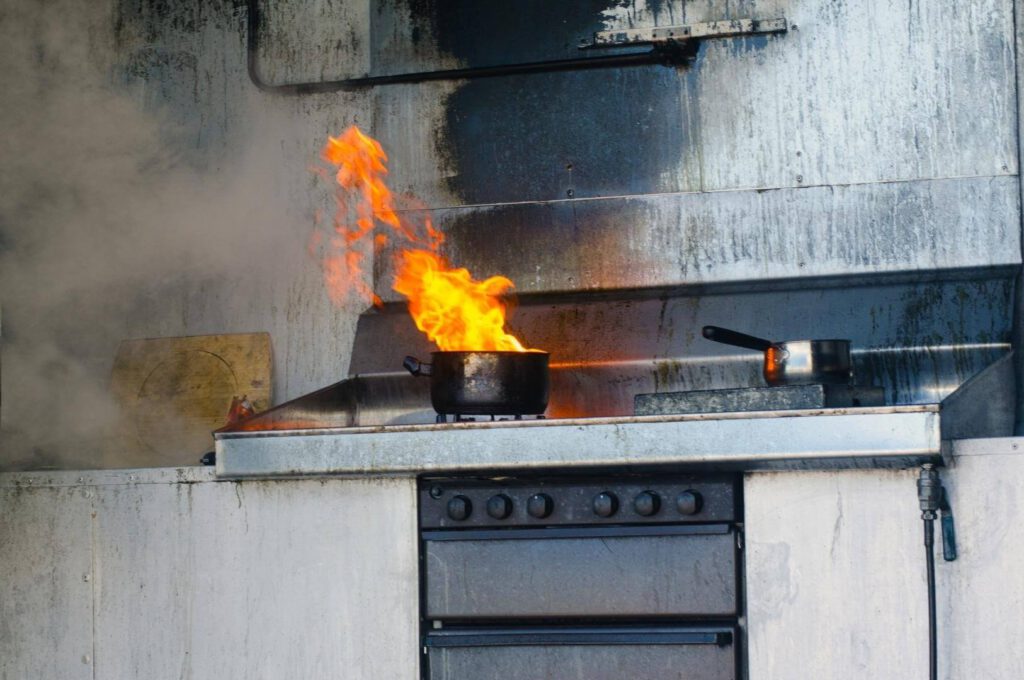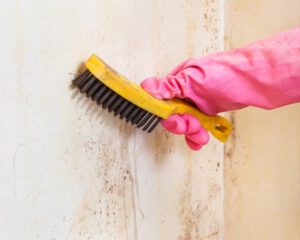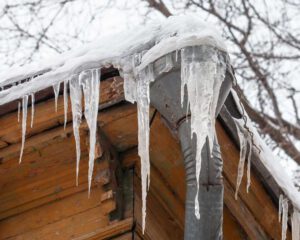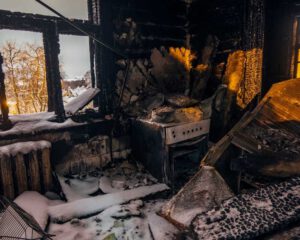
When you send your children off to college, you hope that they are prepared for living on their own. As they’ve grown up, you’ve tried to instill all of the tools for coping with the challenges that they may face in the years ahead. With your college-age children starting an independent life in a dorm or off-campus apartment, it’s particularly important to review facts from the National Fire Protection Association (NFPA).
Dorm Fire Facts
Unfortunately, dorm fires have increased during the last decade and occur frequently each day. According to The Center for Campus Fire Safety and the NFPA:
- The number of reported fires in dorms on campus has increased by 24% between 2003 and 2013.
- Fires are more common during the evening hours, between 5 to 11 p.m. and on weekends.
- Fire departments respond to an average of 11 dorm fires each day.
- Cooking equipment is involved in 86% of reported dormitory fires.
- Dormitory fires cause an annual average of 1 civilian death, 32 civilian fire injuries and $14 million in direct property damage.
- From 2000 to 2015, 89 fires have occurred on college campuses, in Greek housing and in off-campus housing, and these fires killed 126 people.
Off-Campus Fires and Key Questions for Landlords
Instead of living in a dorm, many students prefer to live in an apartment off campus. The Center for Campus Fire Safety and the NFPA also report the following:
- Approximately 66% of students attending school in the United States live in off-campus housing. Unfortunately, off-campus housing fires are common and can be fatal.
- According to The Center for Campus Fire Safety, between January 2000 to June 2015, 76 off-campus fires resulted in 107 student fatalities.
- These fires occurred within a 3-mile radius of campus and involved students between 18 to 25 years of age.
To prevent these incidents, some important questions to ask landlords include the following:
- Does every room have a smoke alarm?
- What is the power supply to the detector (hardwire/battery or both)?
- Who provides the battery replacements?
- Does the off-campus housing have sprinklers and fire extinguishers?
Fire Safety Tips for Students Living in Dorms and Off Campus
As you help your children pack up and move into their college dorm or off-campus apartment, here are some safety tips from The Center for Campus Fire Safety and the NFPA:
- Look for fully sprinklered housing when choosing a dorm or off-campus housing.
- Make sure your dormitory or apartment has smoke alarms inside each bedroom, outside every sleeping area and on each level. For the best protection, all smoke alarms should be interconnected so that when one sounds they all sound.
- Test all smoke alarms at least monthly.
- Never remove batteries or disable the alarm.
- Learn your building’s evacuation plan and practice all drills as if they were the real thing.
- If you live off campus, have a fire escape plan with two ways out of every room.
- When the smoke alarm or fire alarm sounds, get out of the building quickly and stay out.
The following are some additional safety tips to remember at all times:
- During a power outage, use a flashlight.
- Cook only where it is permitted.
- Stay in the kitchen when cooking.
- Cook only when you are alert, not sleepy or drowsy from medicine or alcohol.
- Check with your local fire department for any restrictions before using a barbeque grill or fire pit.
- Check your school’s rules before using electrical appliances in your room.
- Use a surge protector for your computer and plug the protector directly into an outlet.
More Information About Fire Damage Restoration in Springdale, AR
Despite all of these precautions, fires can still occur. The experts at NWA Restore It, Inc. are always available to help. Contact us for 24/7 emergency services.






